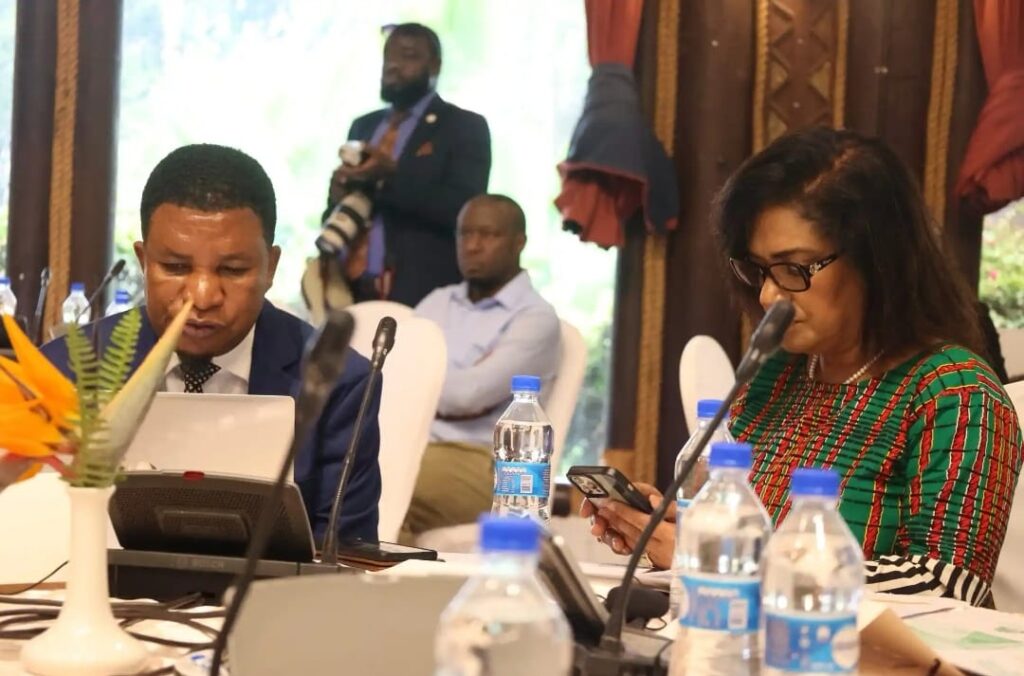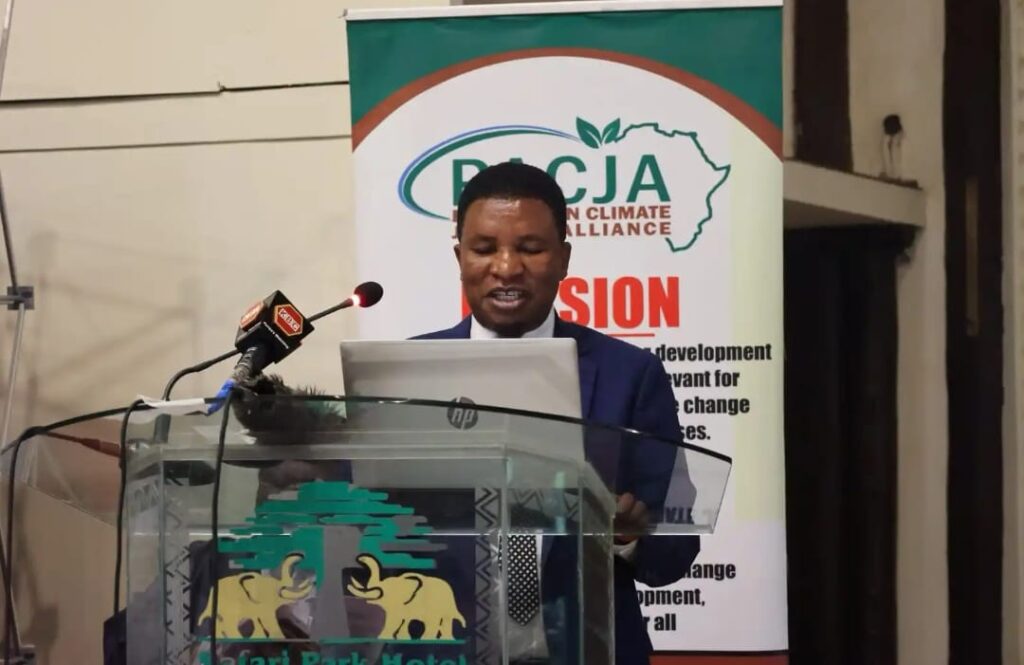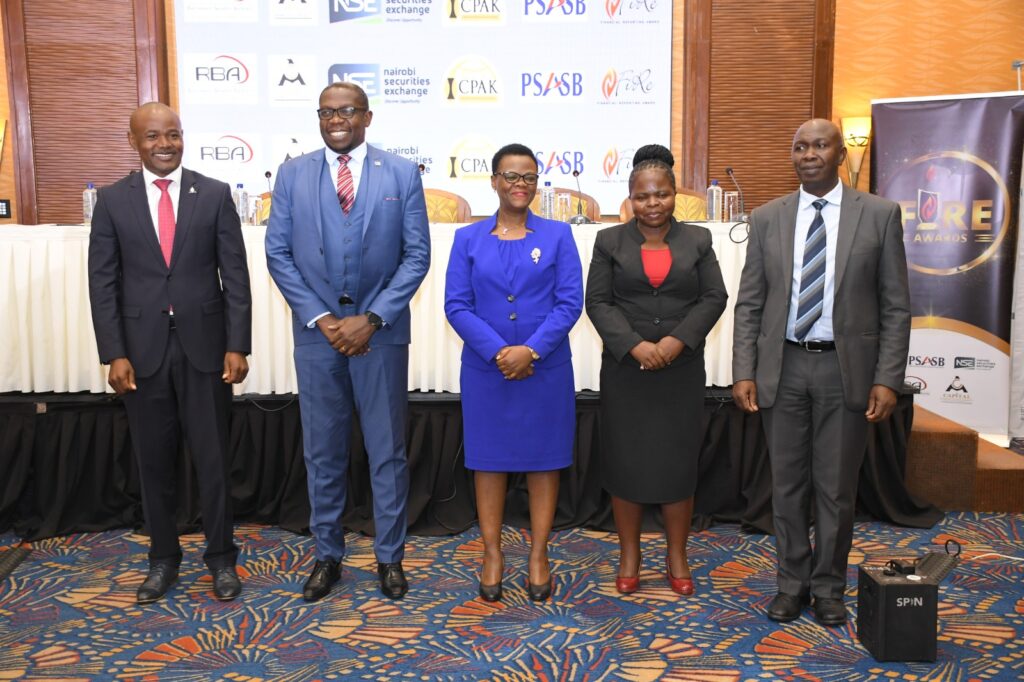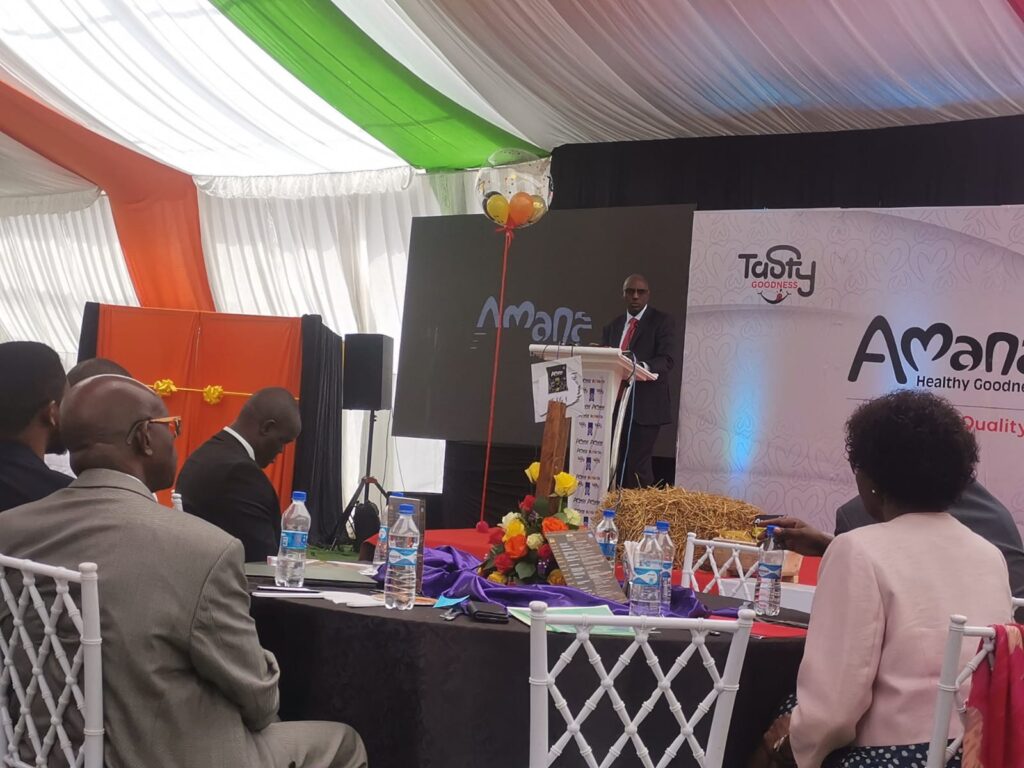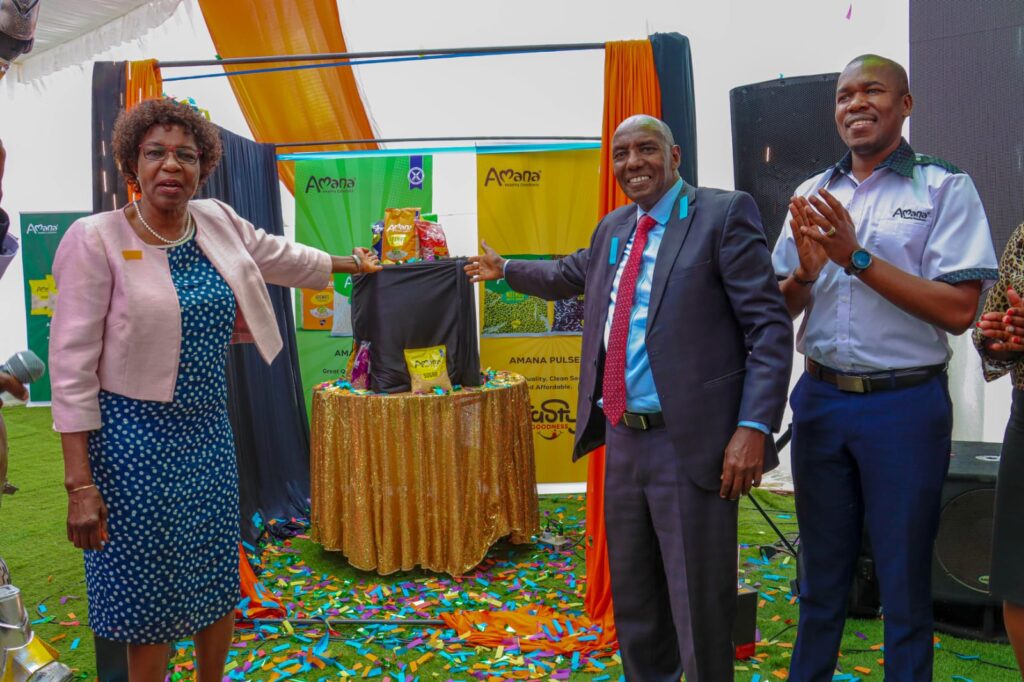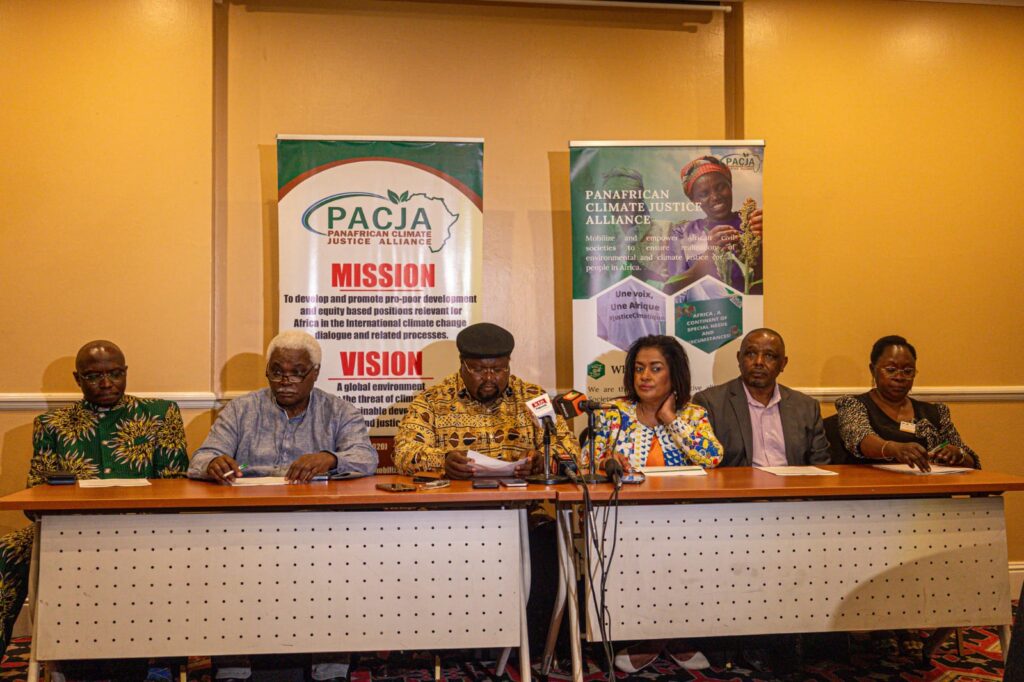
NON STATE ACTORS AND PAN AFRICAN PARLIAMENTARIAN
BY NJOKI KARANJA
As African leaders prepare to gather for the upcoming Africa Climate Summit (ACS), we, a collective of non-state actors bringing together diverse groups across sectors, express deep concern and disappointment over the preparation and agenda of the Summit. Organisational lapses, apparent civil society exclusion, and Western interest dominance are also set to mar the Summit.
The hallmark of the organisational confusion and inertia manifests in the accreditation process where exhausted delegates are tossed from the accreditation venue to the Ministry of Environment for clearance process for what is said to be approval. Beyond the ACS, this confusion will direct impact Africa participation in another critical UNFCCC process, the Africa Climate Week as both events are under one accreditaion umbrella.
Summit organisers have deliberately failed to ensure adequate participation and consultation of non-state actors, especially those from the most vulnerable and marginalised communities, in the planning and implementation of the Summit. The African parliamentarians are more conspicuously missing in the consultation process, yet their representation, legislation and oversight role is apparent in processes such as the ACS.
We are deeply concerned that the Summit agenda remains too inclined to promote market-based solutions and Transnational Corporations’ involvement while neglecting the people’s and the planet’s needs and rights.
We believe that, though we have few hours to the kick-off of the Summit, we still think that President Ruto and the African Union have an opportunity to rethink the agenda to allow more space for dialogue and action on climate justice, adaptation, finance, loss and damage, and human rights – issues we strongly believe fundamentally crucial for Africa’s wellbeing, but which have tactfully been relegated to the periphery.
We do not wish this Summit to be a missed opportunity to address Africa’s climate crisis and amplify African people’s voices and solutions.
African citizens have waited too long to have such a gathering, and thus, once again, we urge the organisers to ensure that the Summit is genuinely inclusive, transparent and accountable.
While noting the front line role non-state actors play in climate response, we reiterate that no single stakeholder – governmental or non-governmental – can defeat the threats posed by the climate crisis. We call upon the African governments and leaders to listen to and engage with non-state actors as equal partners.
Our demands are informed by the alarming devastation of climate change on the continent and the failure of the developed countries responsible for this devastation to provide adequate support to the most vulnerable countries and communities.
They also reflect the Africa Climate Summit Non-State Actors Steering Committee’s (ACS-NSA) shared vision and emphasise the critical need to address the impact of the climate crisis on the continent and its inhabitants.
We have issued a document outlining minimum expectations from the summit. Over 2,294 groups and individuals across the continent have signed the redlines document.
Therefore, Africa Climate Summit presents a unique opportunity for the continent to raise the urgency of addressing the climate emergency and protecting the rights and livelihoods of its citizens.
Moreover, it is an opportunity to build momentum and solidarity for the African agenda at COP28 and beyond by highlighting African countries’ common interests and aspirations in achieving a low-carbon, climate-resilient, and inclusive development.ACS-NSA is a pan-African platform advocating for a pro-African agenda in all critical spaces at the summit and beyond.
The ACS-NSA has a Secretariat supported by the Pan-African Climate Justice Alliance (PACJA) and is organised into clusters that draw members from regional CSOs, Indigenous People, Faith Actors, Trade Unions, the African Private Sector, Farmer Organizations, Women and Gender Constituencies, Youth Movements Academia and Research Institutions, Foundations and Finance Institutions.
ACS-NSA has been advocating for a just and equitable transition to a low-carbon, climate-resilient future that respects the rights and dignity of all people. Despite their engagements with the Kenyan government, the African Union Commission, and the ClimDev-Africa Initiative, our concern remains that the summit may fall short of our aspirations. Therefore, ACS-NSA has formulated a set of demands or redlines that they expect African leaders to uphold and champion at the summit.
The first demand is for African leaders to acknowledge the urgent need to address the climate emergency and protect the rights and livelihoods of its citizens. The redlines document also calls for a just and equitable transition to a low-carbon, climate-resilient future that respects the rights and dignity of all people.
Ahead of the summit, the group has called on African leaders to stand by the principles of climate justice, human rights, gender equality, and intergenerational equity in all climate policies and actions.
In addition, they demand that developed countries fulfil their historical responsibility and provide adequate and predictable finance, technology transfer, and capacity building to support adaptation, mitigation, and loss and damage in Africa.
The group also rejects false solutions and narratives undermining African communities’ rights, interests, and sovereignty, such as carbon markets, geoengineering, nuclear energy, and shared responsibility principles. They further reject promoting carbon markets as they do not serve the climate justice agenda for Africa. The redlines also call for a just and equitable transition to a low-carbon, climate-resilient future that respects the rights and dignity of all people. The group demands that African leaders commit to a just and fair transition to renewable energy, prioritising energy access for the poor and marginalised and guaranteeing community ownership and participation.
In conclusion, the group emphasises the need for African leaders to put the African people above all personal and collective political and economic interests.
As a collective, the Africa Climate Summit Non-State Actors hopes that the African leaders will champion and uphold these demands at the upcoming Africa Climate Summit and beyond.

